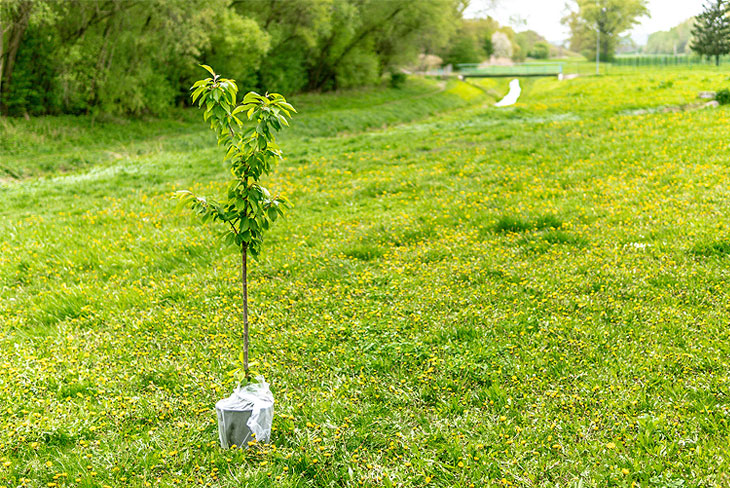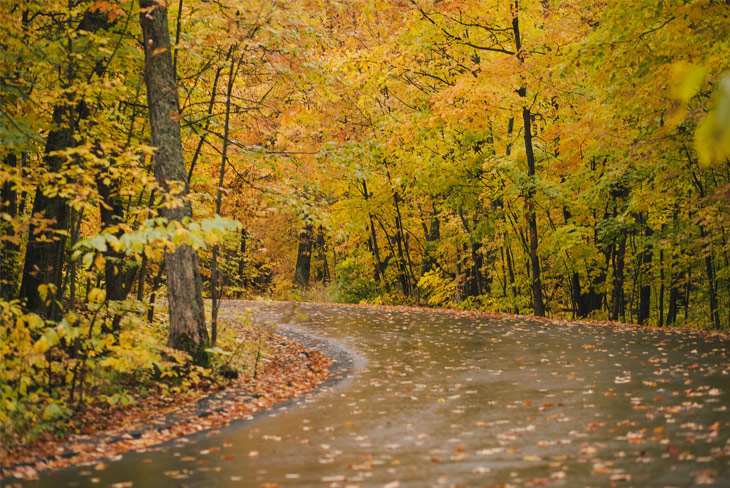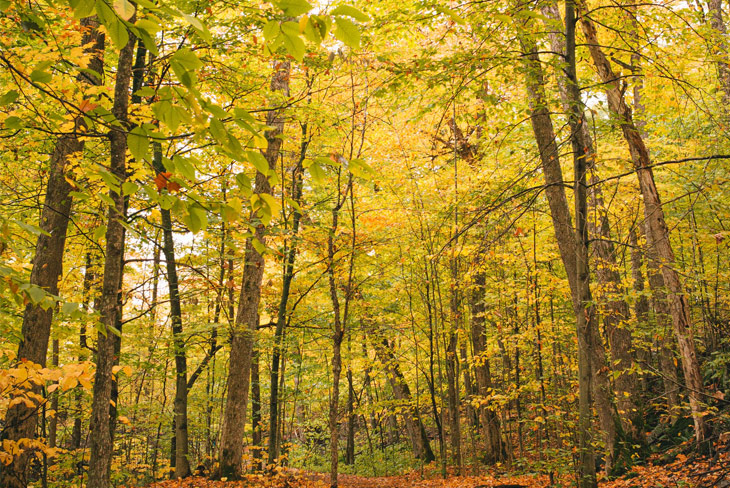Why should we plant trees?

With our world in the middle of a climate crisis, looking after the environment has never been more important. We need to start taking more action in every possible way that we can. Beyond our aspiration to becoming Quebec’s top insurance provider, Panda7 wants to make a deeper mark. As such, we have decided to give back to our surrounding communities by pledging to plan 1 million trees by 2030. You can read more about our goals on our Giveback Page. So why plant trees? What benefits are there to planting trees? Read on for the benefits of planning trees and how it translates to a greener Earth.
How trees benefit our earth –
Just a single tree makes a difference. Trees are essential to the environment and are so integral to our society that they are often used to symbolize a sacred being in many religious texts. But how do they benefit our earth? Here are the main benefits that trees have on our earth:
They filter the air.
Trees can help to filter the air that we breathe, cleaning it by absorbing any pollutants through their bark and leaves and releasing clean oxygen as the end product of photosynthesis. In particularly urban areas where nitrogen oxides and carbon monoxide might be more abundant, trees can absorb these and sweep up any excess smoke or dust. As instances of deforestation increase, there has been an increase in levels of carbon dioxide. To offset this, planting strong, healthy trees can help to “sink” the carbon and turn it into cleaner oxygen while also reducing the devastating effects of climate change.
They clean our water.

Not only do trees clean the air, but they also play a huge role in filtering our water systems. Mature trees can intercept huge amounts of water every year, which is the function they naturally serve in our forests. Their roots can remove pollutants, slow down water seepage into the soil (which can prevent expedited erosion, waterslides, over-saturation, and even flooding.)
They support the ecosystem.
Just one tree can serve as a home for hundreds – even thousands of species of fungi, plants, insects, and mammals of all sizes. Many animals depend on trees for their homes, for their food sources, and for shelter to hide from predators. Often young, somewhat open forests will attract bears, finches, and other small bird species. More sturdy forests that have been around for longer will attract herds of elk, frogs, and small lizards. Finally, your ancient trees may support generations on generations of vegetation, fungi, and offer homes for squirrels, birds, bats, and other creatures. Trees can also produce fruits, nuts, berries, and leaves that animals (and humans!) can eat, which means that trees not only serve as shelters, but nutrition as well.
They give jobs.
There are so many different jobs that come out of the forest industry. Whether you are a researcher, a logger, an arborist, there are so many jobs that depend upon the wellbeing of trees to thrive. Tree farming that is sustainable (not to be confused with mass deforestation) can supply timber and lumber material to build homes, offer wood for cooking, heating, and more.
They are a foundation for our communities and traditions.
Trees are a huge part of many culture’s traditions, whether serving as a religious figure or as a part of our communities. Trees and woodland areas may also provide educational opportunities, for hiking, camping, birdwatching, and surveying our natural ecosystems. They also encourage a sense of adventure and passion for nature in our youth.
They improve our mental health.

Not only do trees improve our physical health by filtering our air, cleaning our water, and serving as a barrier to otherwise harmful ultra-violet radiation, but they can improve our mental health. How? Our mental health can be improved by engaging with nature, as studies have showed that being surrounded by trees or a natural environment can reduce our levels of depression and stress. There is a reason why many white noise tapes include forest noises, or why nature walks are often advised to help manage stress levels. Trees are naturally calming.
Our future depends on trees.
Because of all the reasons why humans, animals, and our environment depend on trees, Panda7 thought that the best way to give back – and the best way to battle the damages that have come as a result of climate change – was to plant trees. As of June 1st, 2021, Panda7 (with its partnership, Brynk.eco) has plotted to plant a tree for every virtual quote received – and triple this if you choose to purchase a policy. Together, we are aiming to turn the planet green again and wipe CO2 emissions from the atmosphere. You don’t have to buy an electric car – you can just buy a policy with Panda7. Planting trees is also another way to support the economy as it offers many job opportunities. For more information on our giveback program, see Panda7’s Giveback page.
We hope that this blog post has given you some more insight into why Panda7 has chosen to plant trees as its means of “giving back” and that maybe you might start to look at trees a little differently!

